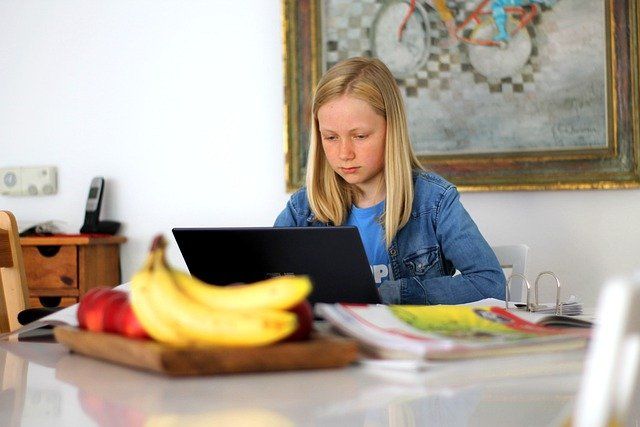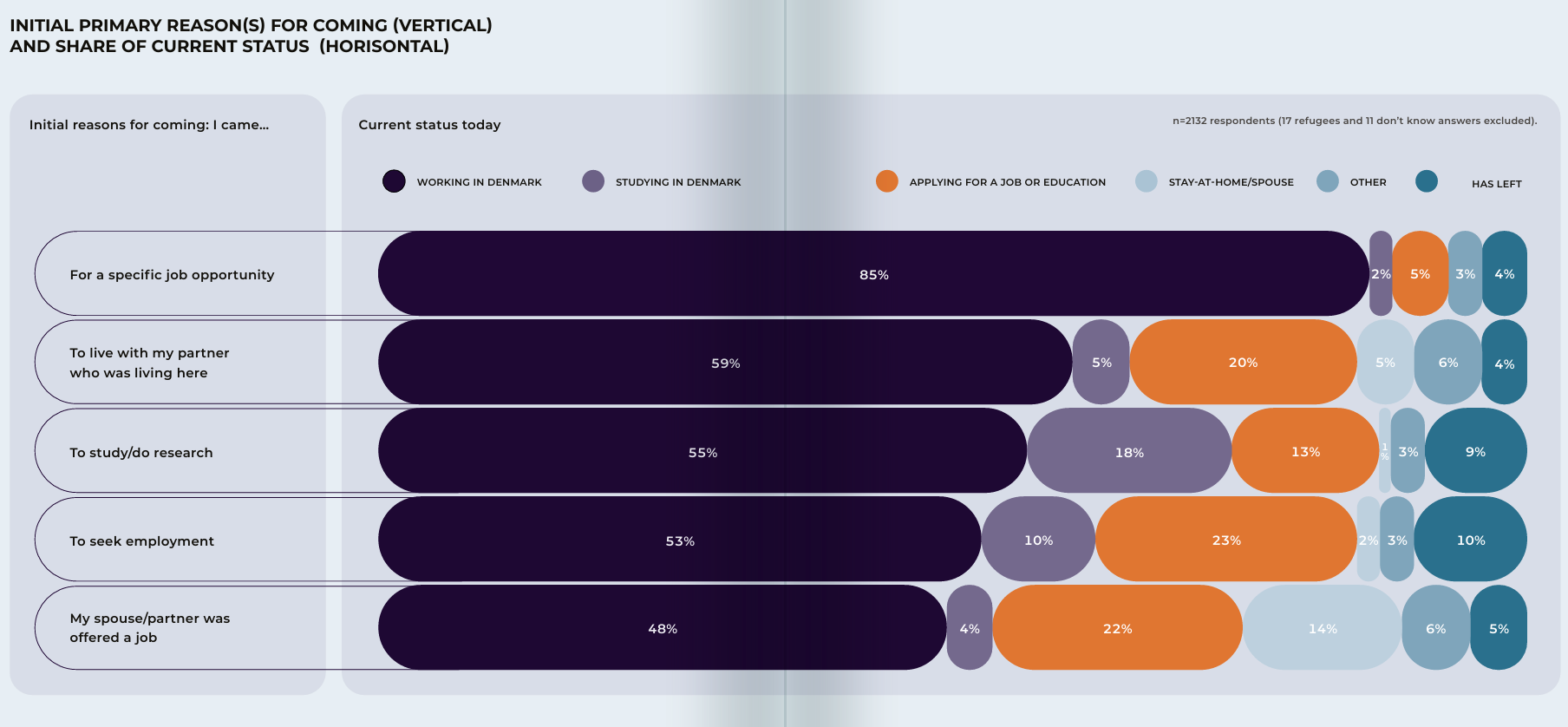Every year in Denmark, around 60,000 children aged 15-16 learn the result of an assessment that has tested their suitability for further education – either at upper-secondary school or a vocational school to learn a trade.
In 2021, 6,896 students failed the educational readiness assessment because they were considered not ready for further education – 11 percent of the applicants.
Most of them failed due to academic reasons, but nearly a third, some 1,930 students, were turned down due to their lack of social and personal skills, and this is of huge concern to the minister for children and education, Mattias Tesfaye.
Minister to submit bill to Parliament
Tesfaye backs the findings of a working group set up by Parliament in 2021, which has given the assessment … a very poor assessment.
Tesfaye accordingly wants to scrap the social and personal skill element of the assessment because he thinks “young people should be assessed on what they can do, and not on who they are”, and he is preparing a bill for Parliament to amend the test. A majority are reportedly in favour of doing so.
“When you are going to enter a youth education, it must be about having the professional prerequisites. In other words, you are good enough at Danish, mathematics and the other subjects we have at school. It shouldn’t be about whether you are personally or socially ready,” reasoned Tesfaye.
Lots of boxes to tick
According to the Children’s and Education Ministry, the assessment of the child’s social skills includes an evaluation of their tolerance of people who are different from them, their respect and empathy, and their overall ability to work as a team.
The assessment of the personal skills includes an evaluation of their motivation for education and desire to learn, independence and initiative, responsibility, punctuality and absenteeism records, and overall preparedness.
The assessment involves a mountain of paperwork, which demands a lot of resources from the already stretched schools.
Supported by the schools
Failure in the test can often set the child on a downward spiral, the minister contends – and Henrik Nevers, the chair of Danske Gymnasier, agrees it is demotivating.
“We think it is the right way to go. First of all, we don’t like the signal value of telling young people that they are not at all ready for education,” he told DR.
“We must instead convey there is a place somewhere in the education system for all young people.”











